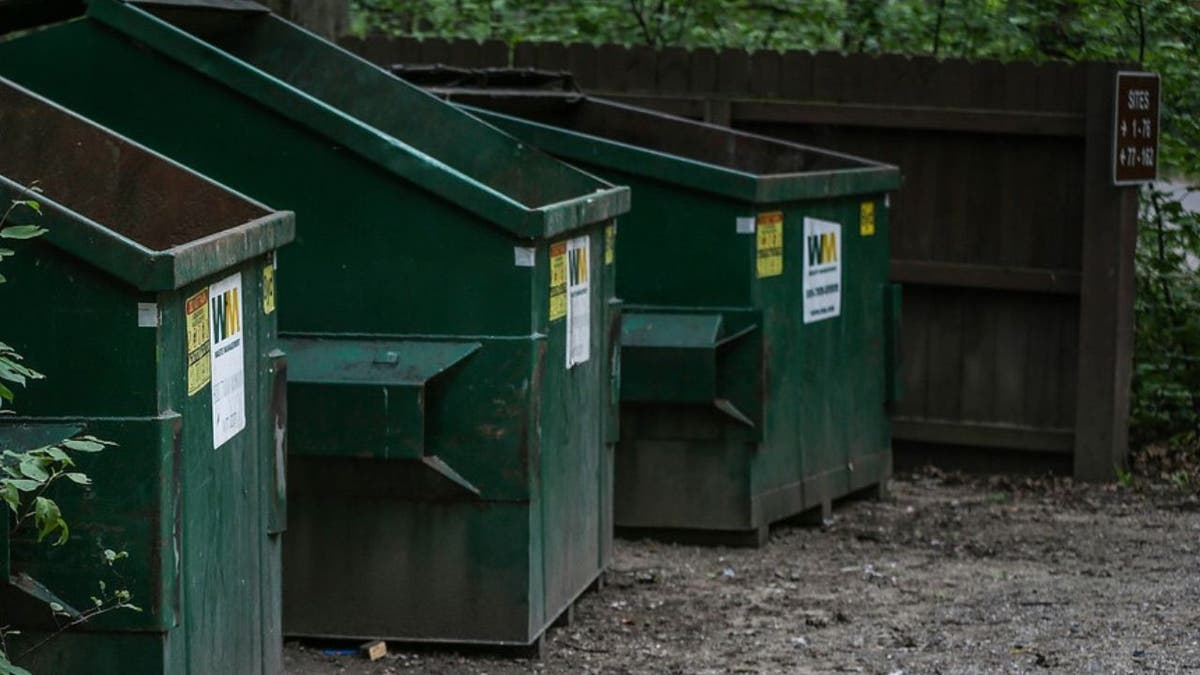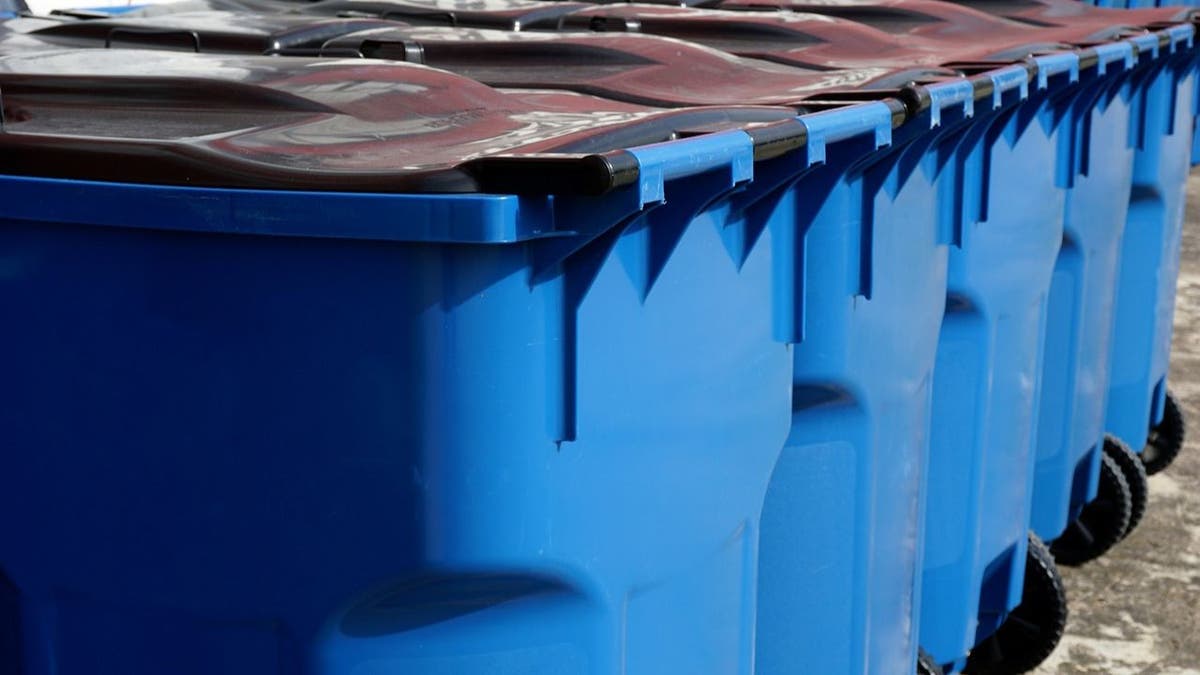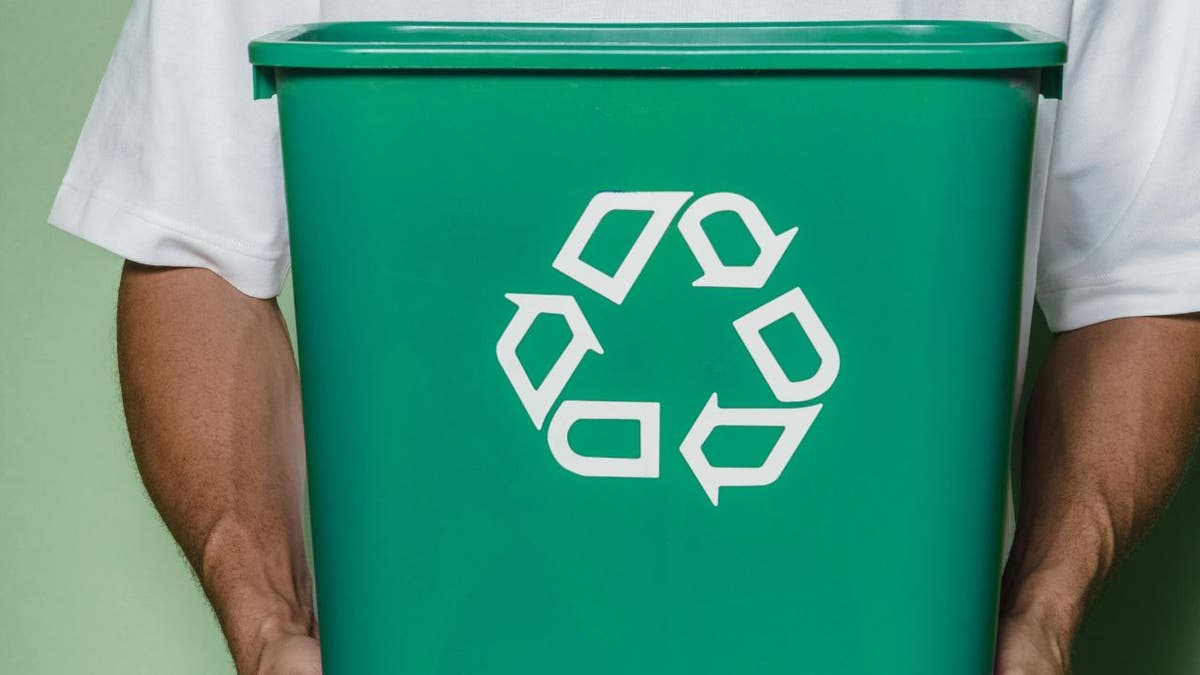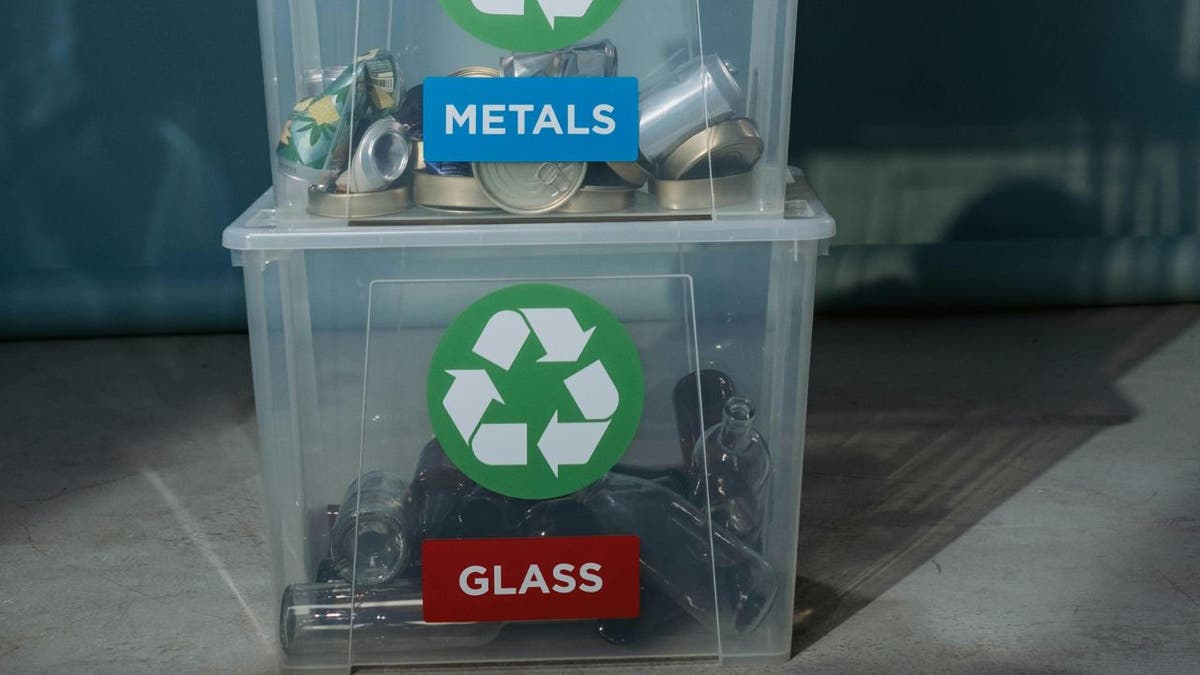Imagine diligently separating your recyclables, placing them into the green bin as instructed, and then discovering it’s all for naught. That’s the frustrating reality a Redditor faced, sparking a conversation on r/Apartmentliving about the disheartening state of recycling in their complex. The green dumpster was just a facade, and the company didn’t even offer residential recycling. It begs the question: Is anyone else’s complex out there lying about something so obvious?

Green garbage bins (Kurt “CyberGuy” Knutsson)
The struggle for eco-friendly practices in rented spaces
This isn’t an isolated incident. Across the nation, renters find themselves handcuffed by landlords who block eco-friendly practices like gardening or air-drying laundry. Yet, there’s hope. In the U.S., 74 million people live under homeowners associations where there’s room to navigate or even alter the rules for the betterment of the community.
The discourse on Reddit resonates with many who share similar struggles. One user lamented their building’s failed recycling attempt due to contamination, and another mentioned the absence of recycling services altogether, leaving the responsibility on individuals to transport recyclables to centers.

Blue recycling bins (Kurt “CyberGuy” Knutsson)
MORE: IS THIS TECHNOLOGY THE ANSWER TO CLEANING UP OUR OCEAN’S PLASTIC PROBLEM?
A report rings the alarm on recycling
In Washington, D.C., a report by The Recycling Partnership sheds light on the dire state of U.S. residential recycling. A mere 21% of recyclables actually get recycled. The report, “State of Recycling: Present and Future of Residential Recycling in the U.S.,” reveals the gap between current practices and the five pillars of an efficient recycling system. It’s a call to action for policymakers, companies and communities to bridge these gaps.

Green recycling bin (Kurt “CyberGuy” Knutsson)
MORE: HOW A FORMULA E RACE CAR WAS BUILT ENTIRELY FROM RECYCLED ELECTRONIC WASTE
The stark divide in America’s waste management
Under-recycled materials: A staggering 76% of recyclables end up in the trash at home. Only 73% of households have recycling access, with a significant disparity between single-family (85%) and multifamily homes (37%). Participation is low, with only 43% of households recycling, and even then not to full potential.
State-by-state disparities: Some states like Alabama and Mississippi recycle less than 10%, while others like California and New York exceed 30%. The report suggests that extended producer responsibility (EPR) policies could elevate recycling rates significantly.
The million-ton loss: Eleven states, including some with high recycling rates, lose over a million tons of recyclables each year. Local investment solutions are crucial for revamping the recycling infrastructure.

Recycling bins (Kurt “CyberGuy” Knutsson)
MORE: THIS AI ROBOT GARBAGE PICKER CAN SORT OVER 500 TYPES OF TRASH IN SECONDS
A call to action for policymakers, companies and community leaders
The Recycling Partnership’s Chief System Optimization Officer, Cody Marshall, emphasizes the need for comprehensive action. Investing in access to recycling services and improving communication can lead to substantial progress. The report urges:
Policymakers: Adopt EPR to fund recycling improvements.
Companies: Design recyclable packaging and invest in closing the system’s gaps.
Community leaders: Use the report’s data to enhance recycling efforts through education and engagement.

Plastic bottles to be recycled (Kurt “CyberGuy” Knutsson)
The time to act is now
The report is an urgent call for action. Systemic change is a slow process, but the road map is clear. It’s time for concerted efforts to ensure recycling fulfills its role in waste reduction and resource conservation.
Kurt’s key takeaways
The stories shared by individuals on platforms like Reddit aren’t just tales of frustration; they’re a rallying cry for change. From the deceptive green dumpsters to the stark disparities in recycling access, the issues are as real as they are widespread. But there’s a silver lining – the collective voice of communities and the actionable insights from reports like The Recycling Partnership’s are powerful catalysts for change. It’s a reminder that every effort counts, and together, we can turn the tide on the recycling conundrum we find ourselves in.
What changes do you think are necessary to make a real impact as far as recycling in this country? Let us know by writing us at Cyberguy.com/Contact.
For more of my tech tips & security alerts, subscribe to my free CyberGuy Report Newsletter by heading to Cyberguy.com/Newsletter.
Ask Kurt a question or let us know what stories you’d like us to cover.
Answers to the most asked CyberGuy questions:
Copyright 2024 CyberGuy.com. All rights reserved.



